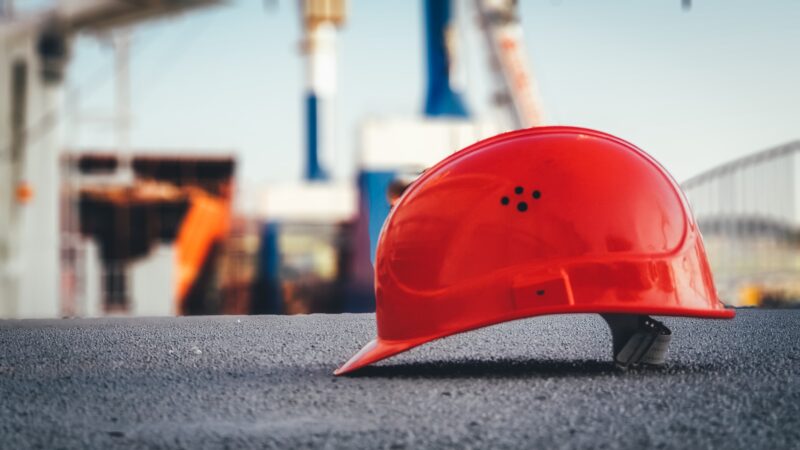Over-reliance on particular segments of the economy such as construction, which has caused growing harm to our communities and wellbeing over time, is increasingly being recognised as problematic even by top politicians. Minister of Finance and Employment Clyde Caruana recently pointed out that we urgently need to rethink and recalibrate Malta’s economic model, which has favoured rapid GDP growth at the expense of workers’ rights, people’s quality of life and our natural environment. The price we are paying, in terms of our physical and mental health, for the sake of an unbridled growth in sectors such as construction and mass tourism, is indeed high.
The question is – will these rational and timely policy changes be enacted as we pivot towards a model which serves everyone, excludes no one, and respects our delicate ecological systems? Or shall we remain hostage to a short-sighted economic vision which is failing to put workers, families and the natural environment at its centre?
The conversation about our country’s economic model must always be part of a wider discussion on the kind of society we wish to live in. Going forward, we have to ourselves if we are comfortable promoting an exploitative labour market which forces thousands of workers, mostly foreigners, to work in conditions akin to slavery. Moreover, what model of inclusive society are we promoting if we base the sustainability of our pension system on the assumption that foreign workers will stay here for a few years, pay social insurance contributions and taxes and leave before receiving a pension and without any realistic possibility of making Malta their home?
Findings such as those contained in the latest Happiness Index Report which found that there are only 27 other countries in the world where people feel more worried, sad or angry than us should certainly serve as a wake-up call that implores us to accept our collective responsibility to build an economy that restores and builds rather than exploits and destroys.
In this process of rethinking the economic model for our country we can draw inspiration from the teachings of Pope Francis and his powerful ethical insights. Last year, in a meeting addressing the post-pandemic challenges of the world economy, he urged business leaders to redefine their measure of success as “the number of people who move out of extreme poverty” instead of “profits, expansion, and short-term and shortest-term results”.
In 2019, he also launched the Economy of Francesco initiative which brings together young economists and entrepreneurs who choose to promote an economy which cares for creation and people, especially those most frail and vulnerable. This economy resists a throw-away culture according to which workers are easily disposable assets which can be used and abused. What the world and our country need is instead an economy that recognizes and protects safe and dignified work for everyone while fighting poverty and inequality in all its forms.
On a local level, the change of narrative around our economic model was long overdue. By and large, the reforms that need to take place for our country to pivot towards an economy that leaves a positive impact on people, society and the environment are well-known. However, politicians are often reluctant to implement these painful, albeit necessary reforms, given the resistance to change which would surely come from those who are thriving in the current scenario and rather prefer to maintain the status quo.
For this reason, the effort required to build a fairer, healthier and more sustainable society needs to be a national one which goes beyond narrow partisan and sectorial interests. The national debate which we require cannot only be limited to experts, politicians, businesspeople, and those with easy access to policymakers. Neither can it happen behind closed doors or hastily discussed in the heat of an election campaign. The right and duty to participate in this crucial debate by putting forward, with courage and creativity, proposals which will serve the country well in the medium to long term, belongs to everyone, especially those younger workers who will live and work in the society and economy we are forging today.
Mark Cachia



